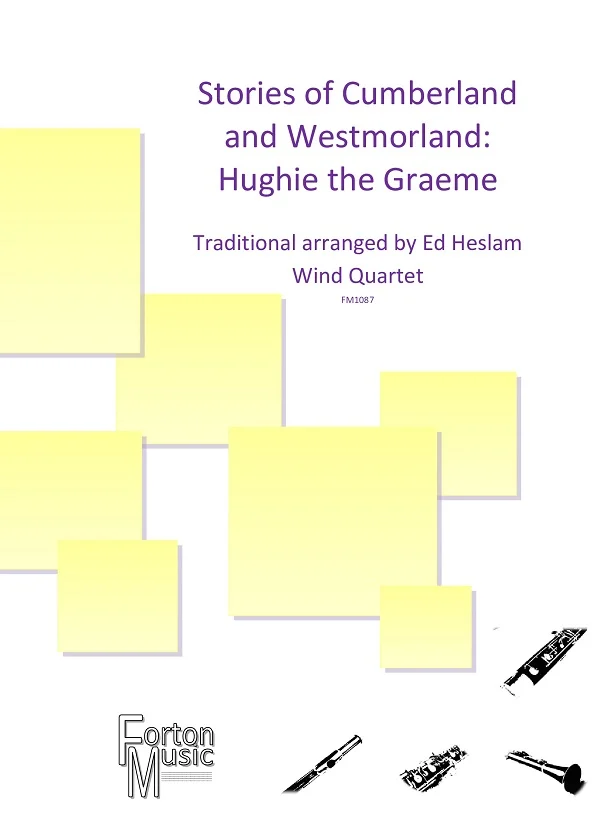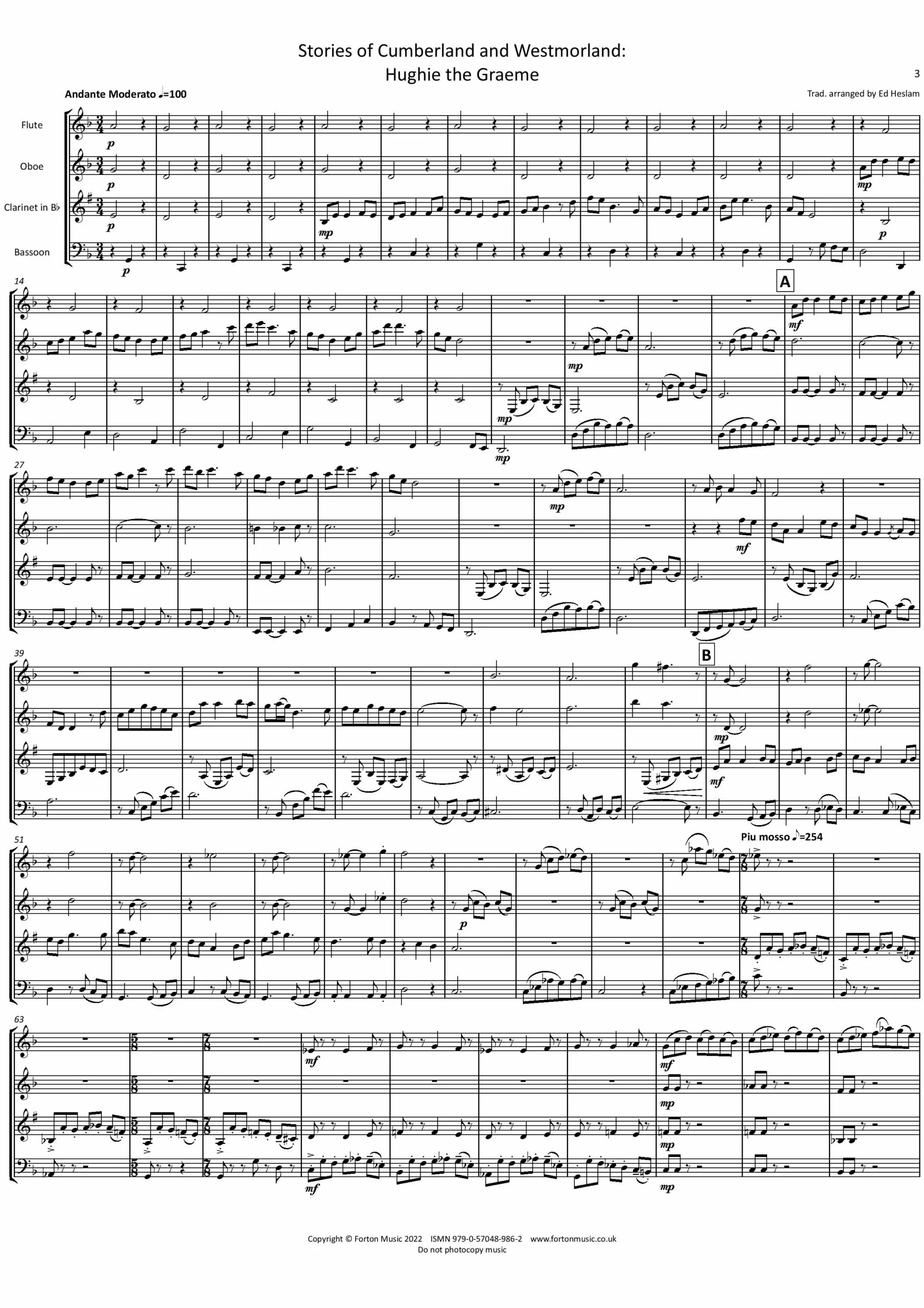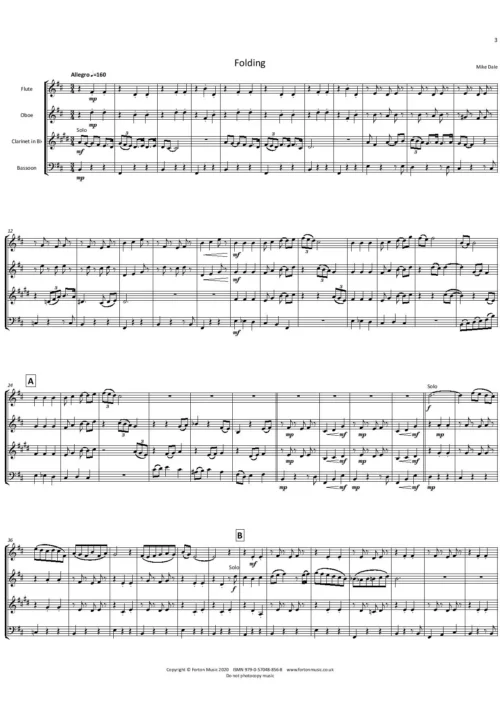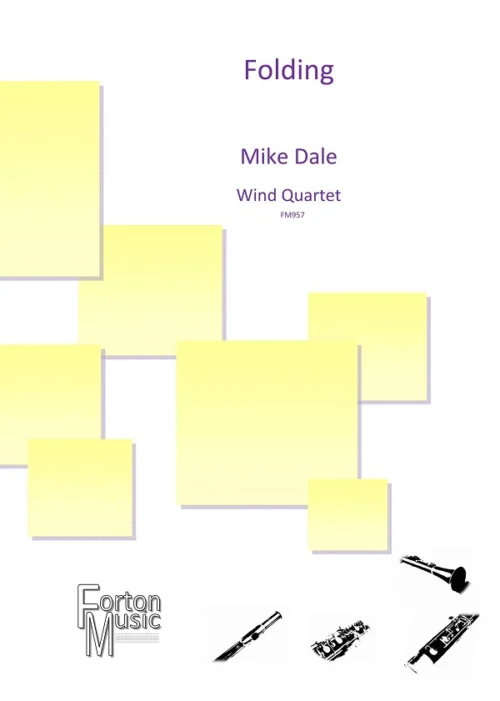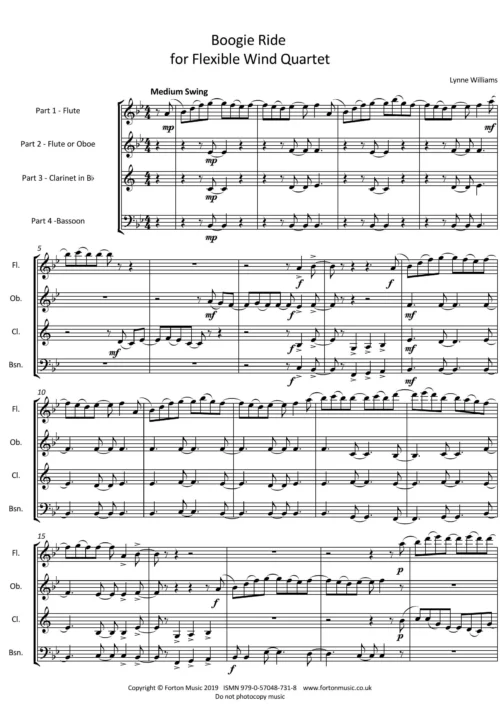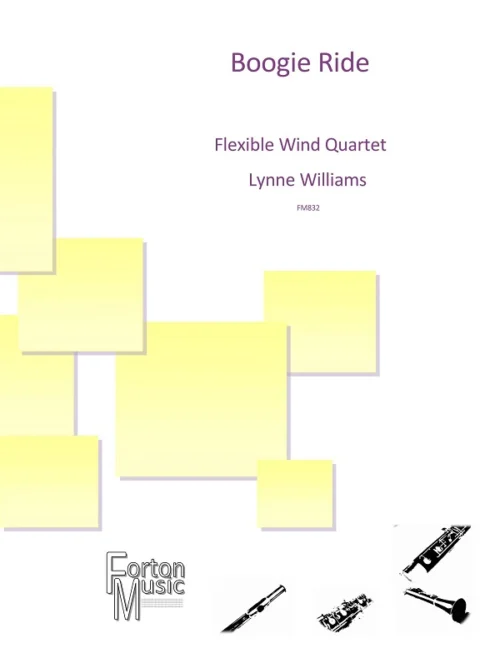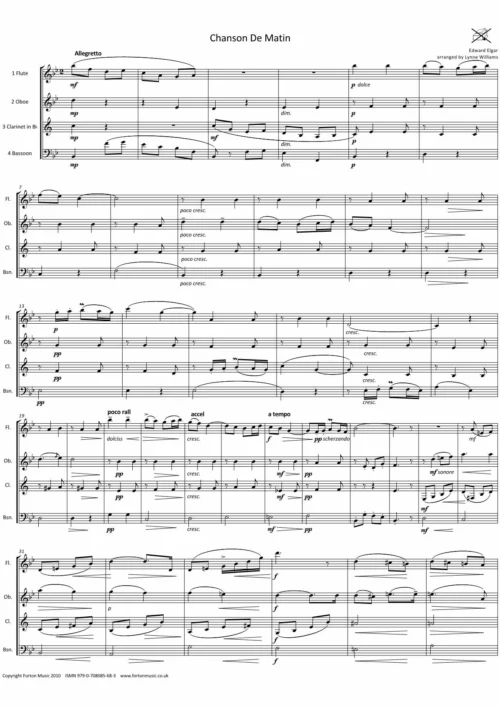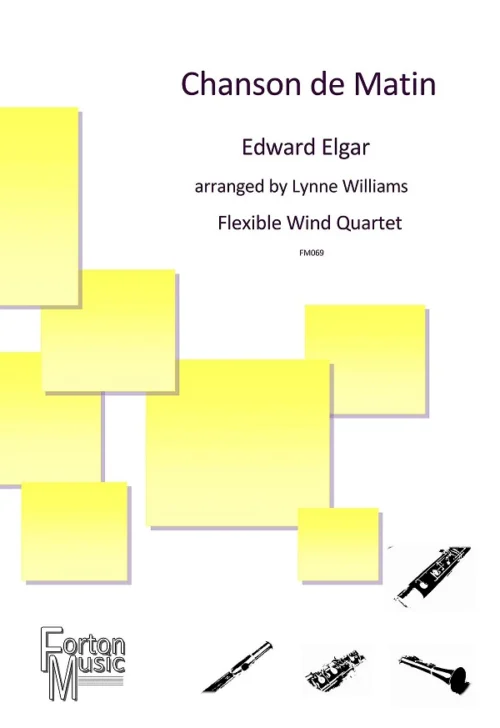Click the link below to see and hear the piece.
Stories of Cumberland and Westmorland: Hughie the Graeme
Price range: £10.50 through £14.00
Description
This musical arrangement develops an idea from an old traditional borders song. The ballad describes how Hughie, while out riding on the moor, was captured and charged with horse stealing. He was taken off to Carlisle Assizes* and tried before a judge who found him guilty. Despite the pleading for mercy by a procession of local dignitaries Hughie was duly hanged. This ballad should be set against the historical context of a lawless border region in the North of England where the stealing of livestock and clan skirmishes were common occurrences. At the beginning of the 17th century the authorities decided enough was enough. The new King James I ordered that members of the Graeme family should be transported to the Low Countries (now The Netherlands). However, of the 72 men transported abroad, 58 managed to return within a year and continue their routine of general brigandage. The Border Commission, therefore, came up with a more permanent solution. Men from the Graeme clan living in the Western Borders region were rounded up and transported to County Roscommon in Ireland, followed a year later by their wives and children.
* Other versions of the song place the trial in Stirling or in towns in the North East of England, but these locations do not fit with the basic historical facts. The Graeme Family occupied an area to the north of Carlisle, centred on what was to become known at the ‘Debatable Land’.
‘Stories of Cumberland & Westmorland’ is a series of pieces influenced by the landscape and heritage of the area where I was born. The county of Cumbria is a place of spectacular mountains and lakes, much loved by visitors to the National Park, but it is also a region with an extensive and beautiful coastline of sand and shingle beaches and tall sandstone cliffs. In between the mountains and the coast is the Solway Plain, a fertile area of land where I grew up on a farm. The uninterrupted view from my childhood bedroom looked out over miles of fields and copses towards Criffel, the mountain whose dark outline dominated the Southern Scottish coastline across the Solway Firth. Looking out from our home in the other direction I could see Skiddaw, one of the four highest fells of the Lake District. Skiddaw is a mountain that draws the attention from almost all directions (apart from the East). It looks down upon a rich past of human history from the Roman occupation to the mineral miners of Tudor times and beyond; from the Viking settlements of the tenth century to the nineteenth century environmental agitators who fought hard to conserve the wild mountain landscape. The surviving manuscript record of music compiled by Cumbrian musicians of the past, kept in archives in a few notebooks and scraps of paper, has been my starting point in getting to grips with this human history and creating music of my own.
Additional information
| composer | |
|---|---|
| arranger | Ed Heslam |
| instrumentation | |
| Select an Option | |
| skill-level |

